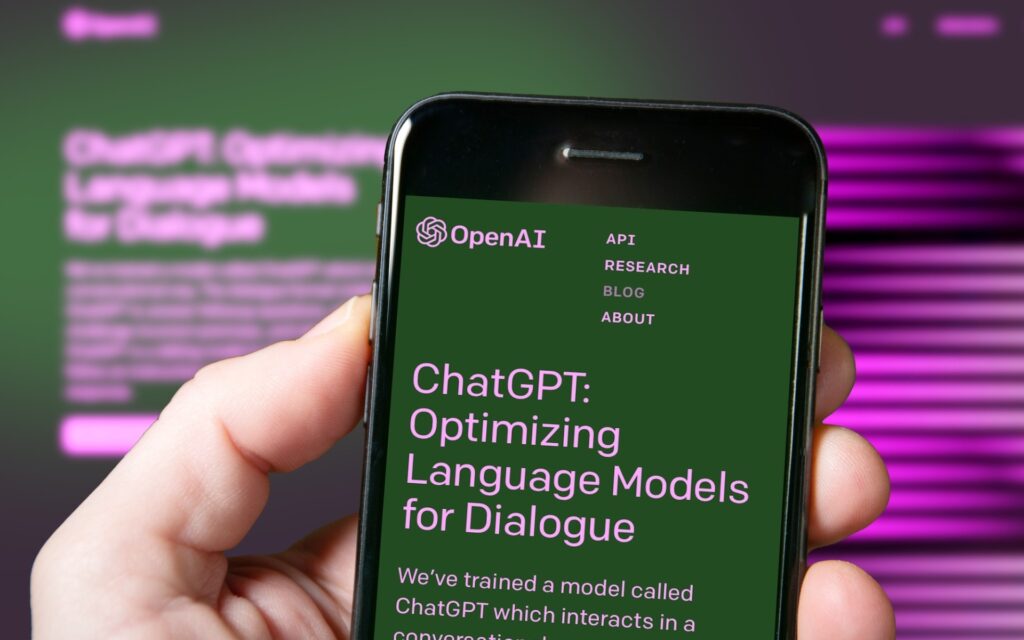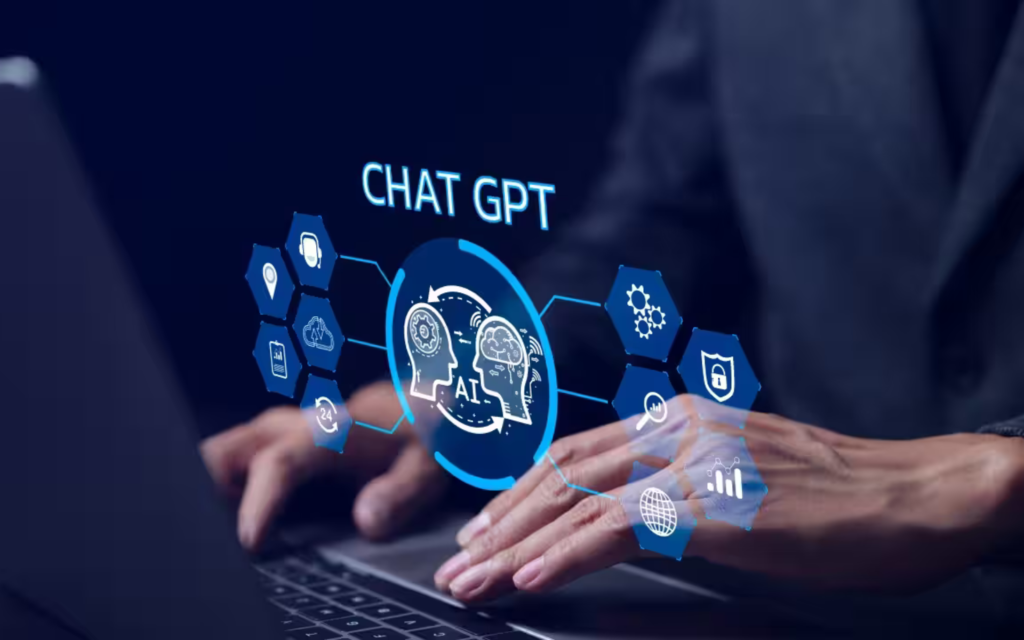ChatGPT And Generative AI Tools Face Legal Woes Worldwide

The Italian ChatGPT case is just the tip of the legal iceberg.
The number of lawsuits involving OpenAI and businesses with generative AI tools is increasing.
The recent ban on ChatGPT in Italy is just one of the legal problems that OpenAI could face.
As the European Union works to pass an Artificial Intelligence Act, the U.S. defines an AI Bill of Rights, and the U.K. suggests that AI be regulated by existing agencies, ChatGPT users have filed complaints against OpenAI because they are worried about safety.
OpenAI and Worldwide Security Concerns
The Centre for AI and Digital Policy asked the Federal Trade Commission to stop OpenAI from making new ChatGPT models until there are enough safety measures in place.
The Italian government has launched an investigation into OpenAI due to a recent data breach and a lack of age verification to safeguard younger users from objectionable content generated by AI during registration.
The Irish Data Protection Commission intends to coordinate with the Italian government and the EU Data Protection Commission in order to ascertain whether ChatGPT has violated privacy laws.

According to Reuters, privacy regulators in Sweden and Spain have no intentions to investigate ChatGPT at this time, but they could do so in the future if users submit complaints against AI technology.
Also, these are just a few of the recent complaints, investigations, and comments from different countries about how AI companies should be held accountable.
Ulrich Kelber, a spokeswoman for Germany’s Federal Commissioner for Data Protection, said that a ban like those in other countries could be put in place if OpenAI broke GDPR or similar rules.
Volker Wissing, the German Minister of Transport and Digital Infrastructure, has said that a ban is not the best solution.
Wissing says, “We don’t need a ban on AI applications. Instead, we need ways to make sure that values like democracy and openness are protected.”
Canada seems to be doing the same thing, since the country’s Office of the Privacy Commissioner is looking into a claim that ChatGPT took personal information without permission.
And in France, Jean-Nol Barrot, the Minister of Digital Transition and Telecommunications, talked about the wave of excitement about AI being followed by fear of AI.It looks like the goal of the country is to master AI and make models and technologies that support French values.
Will countries ban ChatGPT permanently?
OpenAI has recently published a FAQ for Italian users and reaffirmed its commitment to developing secure, accurate, and confidential systems.
But what are the possibilities that OpenAI’s technology will be permanently banned from Italy and other countries as a consequence of the ongoing investigations?
OpenAI does have some advantages, given that a judge in Colombia recently used ChatGPT to assist in a court judgement and another judge in India used it to determine parole.
ChatGPT+ with model GPT-4 presents remarkably well-balanced arguments regarding the impact and dangers of its technology.
ChatGPT+ responds to the question “Should a country like Italy ban ChatGPT due to data management concerns?” with “Data Privacy: It is crucial for AI systems to comply with data protection regulations, such as the EU’s General Data Protection Regulation” (GDPR).
It is essential that ChatGPT adhere to these rules and protect user privacy.
If there are concerns about data management, it would be worthwhile to investigate whether OpenAI complies with applicable regulations.
The response continues with a summary of AI’s advantages, ethics and bias, competitiveness, and alternatives.
Obviously, if a country lacks access to ChatGPT, some users can still use a virtual private network (VPN) service to access it.
Google Trends indicates that there was an increase in VPN-related queries in Italy at the beginning of April, coinciding with the ChatGPT prohibition.
Can OpenAI technology be affected by lawsuits?
Are OpenAI users legally liable for issues arising from the application and output of its tools?
According to OpenAI’s terms of service, it depends.
If users violated any OpenAI terms or policies while using ChatGPT or the API, they may be accountable for their own defence.
OpenAI does not guarantee that its services will always function as expected or that certain content (the input and output of a generative AI tool) is secure, stating that it is not liable for such results.
If no other regional laws apply, OpenAI will compensate users for damages caused by its tools up to the amount they paid for services within the past year, or $100.
More Lawsuits in Artificial Intelligence
The aforementioned cases are merely the tip of the AI legal iceberg.
OpenAI and its competitors confront the following additional legal issues:
• An Australian mayor may sue OpenAI for defamation if ChatGPT provides inaccurate information about him.
• GitHub Copilot is facing a class-action lawsuit regarding the legal rights of the open-source code authors in the Copilot training data.
• Stability AI, DeviantArt, and Midjourney are defendants in a class action lawsuit regarding the use of StableDiffusion, which used copyrighted artwork in its training data. • Getty Images has filed legal proceedings against Stability AI for using Getty Images’ copyrighted content in training data.
Each case has the potential to disrupt the development of AI in the future.

